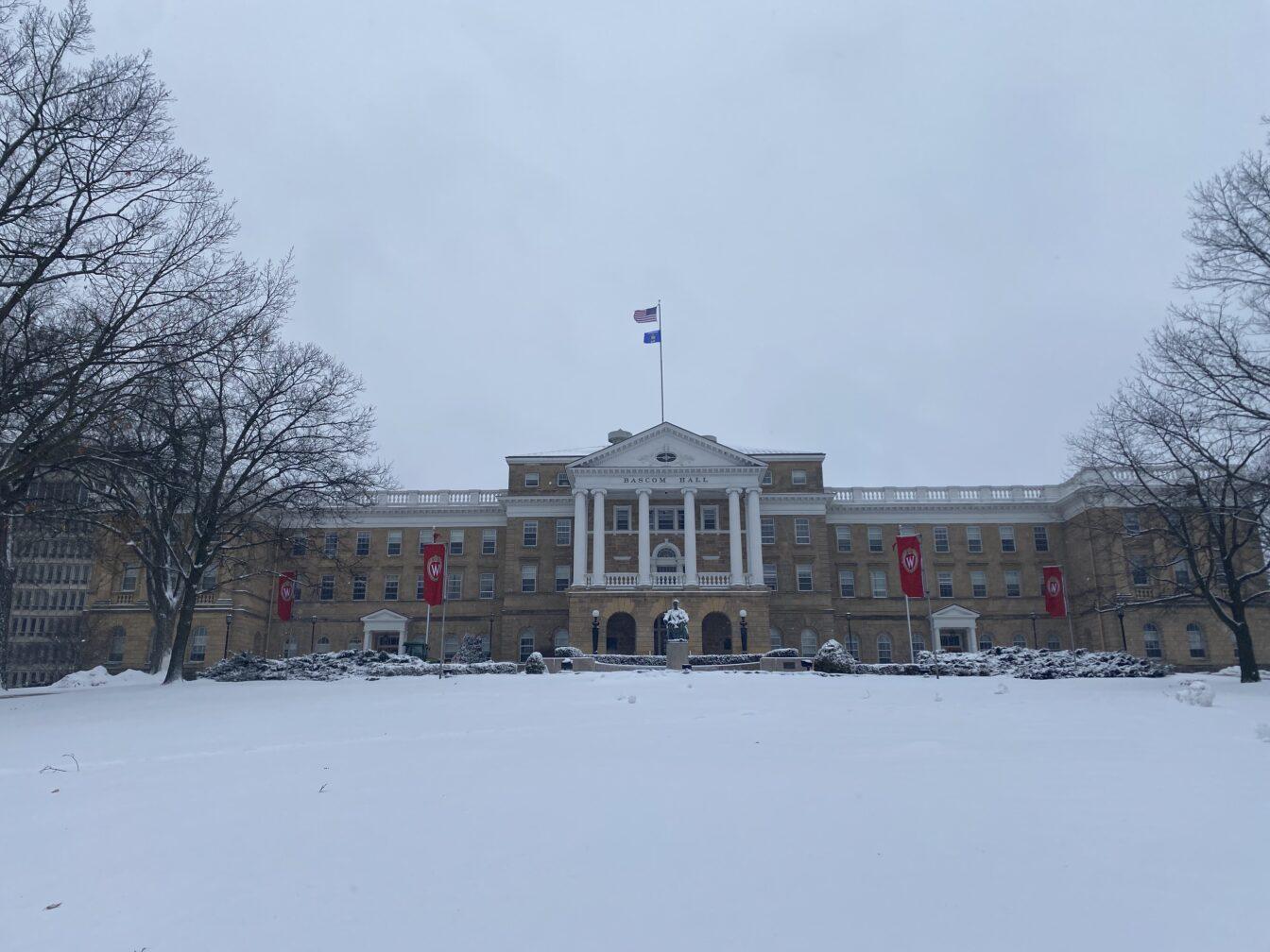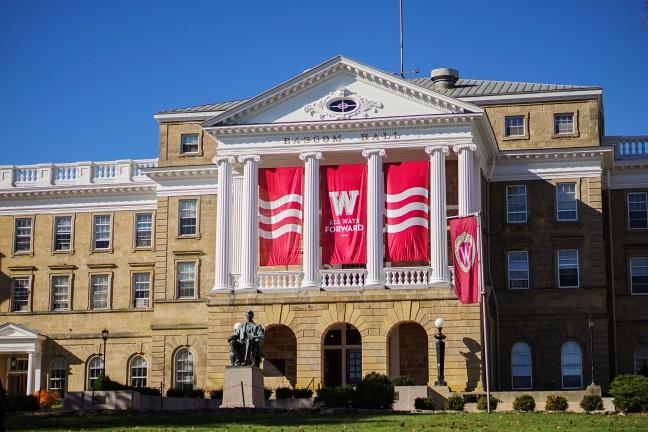It’s 2019 in America, so naturally the nation’s highest court just delivered another knockout blow to our country’s increasingly undemocratic democracy. And just in time for election year, if you hadn’t noticed.
This time the U.S Supreme Court would have us believe that partisan gerrymandering, even in its most extreme and obvious forms, is acceptable — that there’s nothing federal courts or federal law can do about it, and that those who would bend our democracy to their will are free to do so without fear of reprisal or meaningful objection, let alone electoral defeat.
The ramifications of that decision aren’t hard to predict. For Republicans in North Carolina and Democrats in Maryland, the two states at issue in this particular case, it means their wholly illegitimate hold on power has been legitimized. For Republicans and Democrats elsewhere, it means they are now free to pursue similar power grabs.
Here at home, its ramifications have already been felt. A federal district court threw out Wisconsin’s own partisan gerrymandering case just days after this U.S Supreme Court ruling. And while the ultimate decision now rests with the state Supreme Court, years of legal fights were essentially resolved today with the declaration that Wisconsin’s state district map is constitutional, as far as the federal government is concerned.
The U.S Supreme Court decision was split down the middle, with the liberal bloc voting against the approval of these gerrymandered maps and the conservative bloc declaring that none of this is even a matter for federal courts to decide.
Regardless, this situation appears to have been muddled by legal technicalities and suave political arguments — so let’s get back to the basics.
In the 2018 Assembly elections, Wisconsin Democrats received 190,000 more votes statewide than their Republican counterparts, and yet they took just 36 of the 99 Assembly seats.
Certainly, Democratic districts tend to have higher populations, and so the party is expected to receive more votes in a statewide total. But you’ll forgive this board if we don’t hold our breath while waiting for a reasonable explanation as to how 53 percent of the popular vote translates to 37 percent of Assembly seats (we’re still waiting, if you were wondering).
But as much as this board of journalists loves math, this goes beyond the raw numbers. It hits at a deeper issue — an existential one, if this country plans to continue calling itself an electoral democracy.
Now, let’s be clear — voting matters. Its far-reaching implications mean that we should all participate. That much is beyond debate.
But it would also seem an uncontroversial position to claim that one’s motivations for doing quite literally anything stem from an understanding and an expectation that its outcome matters.
With that in mind, we should be able to appreciate why many eligible voters are deterred from participating in states like Wisconsin.
When the same party repeatedly wins elections handily because of a legislative district’s unfairly drawn boundaries, the argument that one’s vote matters seems lacking. And when our nation’s highest court declares that practice to be constitutional, it would appear to dash any hope of encouraging would-be voters in future elections. Indeed, it seals the fate of a Republican district to remain Republican, and a Democratic district to remain Democratic.
The challenge going forward, then, will be communicating the power and importance that voting holds when it now seems to promise next to nothing in America’s gerrymandered districts.
In Wisconsin, state Supreme Court justices, who now hold the ultimate power in deciding the fate of Wisconsin’s state district map, are popularly elected. And in case we’ve forgotten, there is a rather consequential election next year whose purview expands beyond the Wisconsin Legislature. So clearly voting matters, possibly even more so for those who call these gerrymandered districts home.
The point can’t be emphasized enough. When political parties with nothing but everything to gain are so brazenly empowered to shatter the very essence of electoral democracy, we should be reminded who delivered this consequential decision — the U.S. Supreme Court.
The president appoints and the U.S. Senate confirms any and all justices to that body. Those individuals are often elected on the same ballot and at the same time as representatives from these gerrymandered districts. If we wish to remake the U.S Supreme Court so as to more closely resemble our highest ideals, a good place to start would be voting popularly responsive people into those offices.
That, ultimately, is why we can’t withdraw from the fight to protect and defend our democracy. It requires of us now what it has always required of us — tireless and relentless effort as we strive to be “those anxious, jealous guardians” that President Barack Obama referenced in his farewell address.
Those who would destroy our democracy for their own gain would have us believe that voting doesn’t matter — that power goes the way of those who hold it, and that there’s really nothing any of us can do about it.
Today and tomorrow, we must prove them wrong through popular action, through relentless effort and, yes, through voting — despite all the injustice thrust upon us and the democratic enterprise.
Last year, after Republicans in the Wisconsin Legislature attempted to steal power from newly elected Democrats, this board wrote that popular resistance and democratic action in the face of such injustice is “the task of our democracy,” and that “to deny that would be to deny our own interests.”
Months later, as we approach another election with even wider implications, that sentiment is still true. We would do well to remember that, as long as those who seek to subvert our democracy are emboldened to do so by the very institutions there to protect it.
The Editorial Board serves to represent the voice of the Badger Herald editorial department, distinct from the newsroom, and does not necessarily reflect the views of each staff member.













